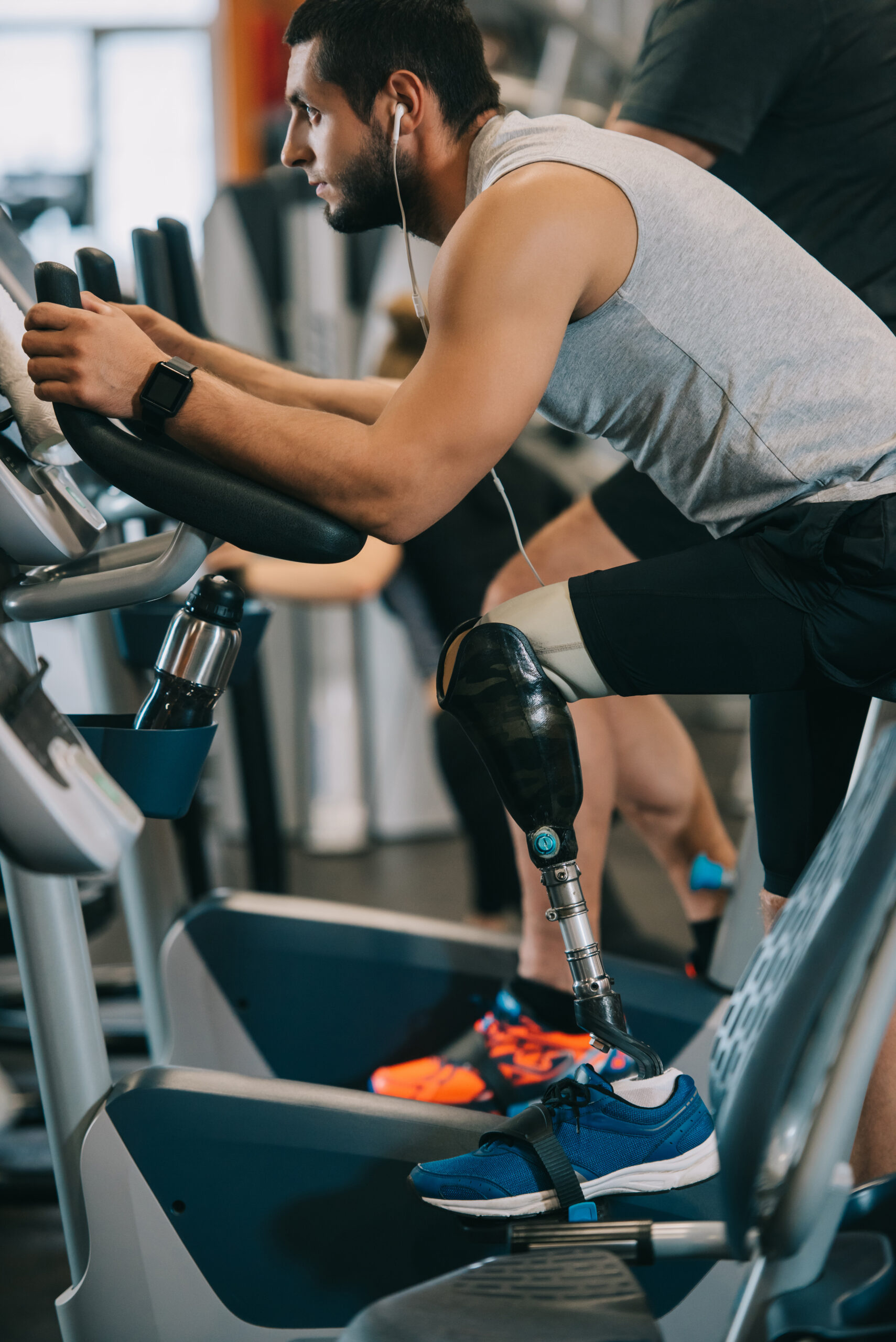Using Psychological Interventions to Help Youth with Chronic Pain
It’s difficult for anyone to live with chronic pain, but it may be even more so for children. They often don’t understand why they have the pain, or the best ways to go about trying to address it. All they know is that they hurt, and they usually turn to the adults in their lives for relief. Many parents and caregivers want to help, but they simply don’t know what they should be doing to make things better, or at least not make the situation worse.
Using psychological interventions is one way that parents can help children who have chronic pain. There have been numerous studies published over the years on the issue, looking at the various ways that parents can help the situation. A new study published in the November 2021 issue of The Clinical Journal of Pain shares findings from research that evaluated the studies that have been published (1).
For the study, researchers spent time reviewing all the studies that have been published on the topic. They searched through four databases to find the studies that reported on psychological interventions in regard to children under the age of 18 having chronic pain. They were able to compile 54 studies that met their criteria, with the majority of them focusing on cognitive behavioral therapy interventions.
The data they reviewed from the studies included the characteristics of the study, treatment components, how effective the treatment was, and how easy the treatment was for parents. By reviewing the data from the published studies, they found that parent interventions may be helpful and provide a feasible way to help youth who have chronic pain.
The American Psychological Association shares that parents can help kids cope with pain through a variety of ways, including using things like meditation, deep breathing exercises, yoga, and relaxation techniques (2). It’s also important to help kids gain a better understanding of the mind-body connection, and how ruminating on negative thoughts regarding the pain may make it worse.
Additionally, it’s a good idea for parents to not bring the pain up to the child because it may get them thinking about it. It’s also important for parents to not pain catastrophize, or magnify the threat of the pain, because it will likely make the child have more anxiety regarding it, and they may have more pain intensity. Parents may be able to help kids with chronic pain by teaching them coping skills, starting with psychological interventions. Our thoughts can go a long way toward helping us cope with situations, including chronic pain.
Sources:
- The Clinical Journal of Pain. Psychological Interventions for Parents of Youth with Chronic Pain. November 2021. https://pubmed.ncbi.nlm.nih.gov/34475341/
- American Psychological Association. Helping kids cope with chronic pain. January 2019. https://www.apa.org/monitor/2019/01/kids-chronic-pain







